Gandhi and Tolstoy:
Between Gandhi and Tolstoy there are extraordinary similarities. Both of them were deeply impressed by Ruskin’s views on the political economy embodied in Unto This Last and Munera Pulveris, the two important works of Ruskin. The cornerstone of Tolstoy’s philosophy is Love. Both were deeply influenced by the Sermon on the Mount. They believed that material possession creates attachment and monopolize the thoughts and activities of men and lead to neglect of fundamental duties towards the soul.
Gandhi and Tolstoy believed in the oneness of all religions and both condemned superstitions and fanaticism. “Religions differ in the external forms but they are all alike in their fundamental principles”. The same idea underlies Gandhi’s conception of Sarva Dharma Samabhava (equality of all religions). Both were against religious hypocrisy which generally goes against the idea of oneness and equality of humanity. According to Tolstoy, “that brotherhood extends to the lowest, the poorest of the creation includes the dumb, brute and meanest insect”. The religion of Gandhi had no geographical limitations. To both, the chief aim of religion is to bring about a relationship with the universe as a whole that postulates love for all. Politics and religion are not distinct but one to both of them. Gandhi says, “For me, politics bereft of religion is absolute dirt ever to be shunned”.
To both Gandhi and Tolstoy, there is an inviolable relationship between Economics and Ethics. Both regarded economics as false and irrational if it ignored moral values. They repudiated such economic theories which led to the concentration of all power and riches with the few, and which degraded the masses to a miserable present and gloomy future. Tolstoy and Gandhi both wanted to put an end to the antagonism between the Labour and the Capital and to make them realize their proper place and power. Both regarded the increasing use of machinery as injurious to the cause of social solidarity and progress since it led to a further widening of the existing schism between the Haves and Have Nots. To Tolstoy increasing the use of machines adds to the miseries of the working class.
To both of them, to store anything for tomorrow while others are denied the bare necessities of life today is a crime. Tolstoy’s ideal of Non-possession was developed by Gandhi in his concept of Trusteeship. Both Tolstoy and Gandhi pleaded for the ownership of riches to be converted into a Trusteeship.
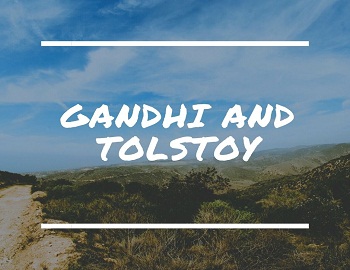

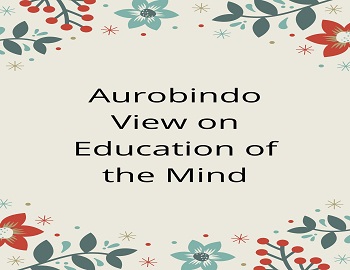

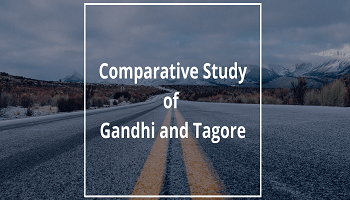
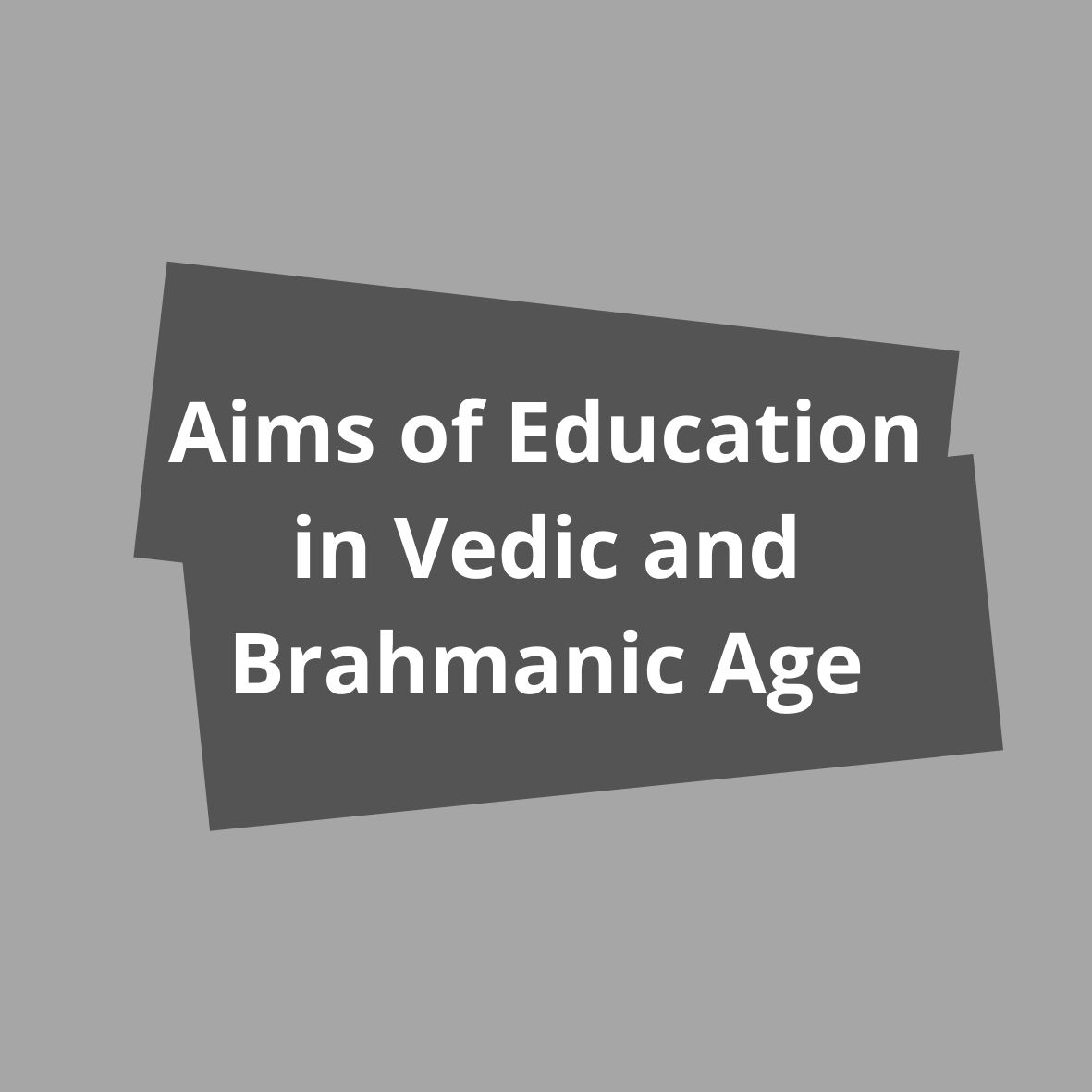

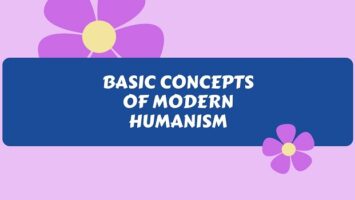

Comments (No)